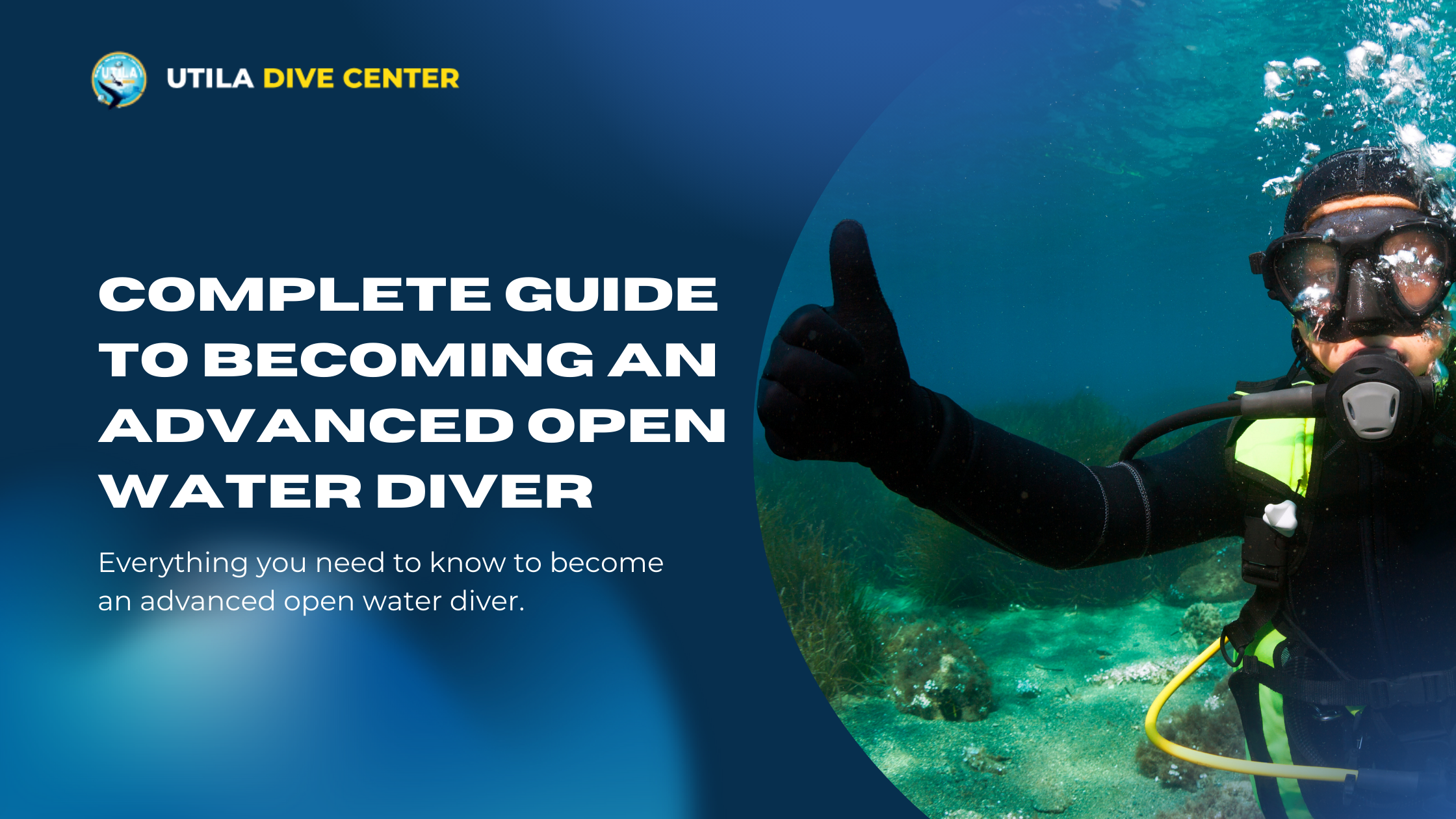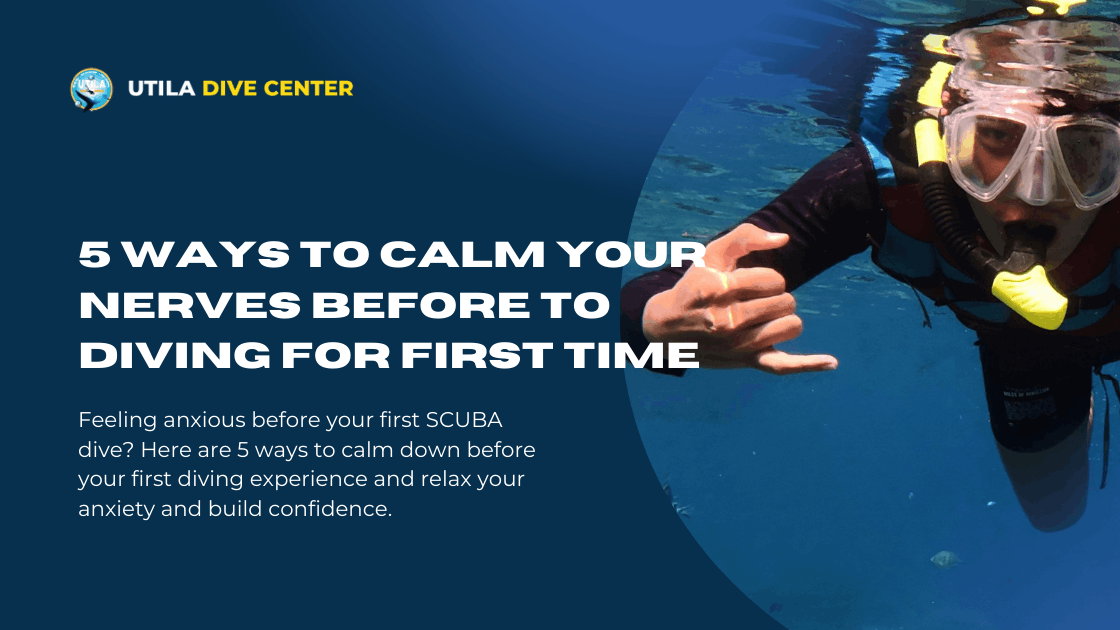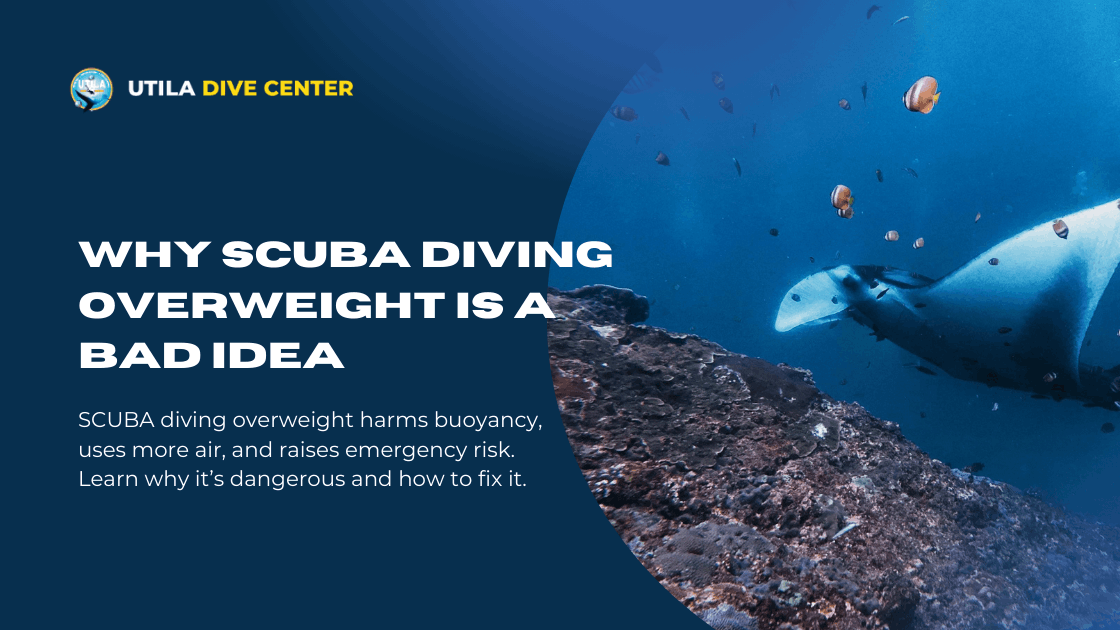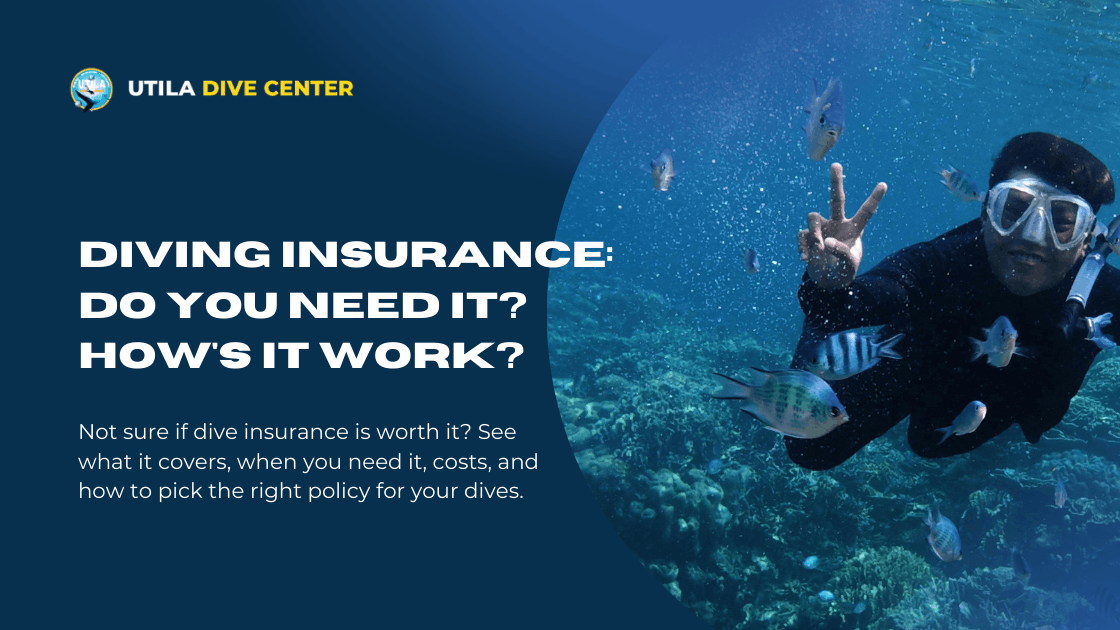
Complete Guide to Becoming an Advanced Open Water Diver
Advanced open water diver: Everything you need to know
By: Manny Lagos | Date: 2024-11-07T07:03:13.787Z
A common misconception among divers is that going “advanced” just means diving deeper. But the truth is, there’s so much more to it! The Advanced Open Water Diver certification expands your skills, lets you explore new types of dives, and helps you tackle situations better. It prepares you for new underwater adventures, like exploring a shipwreck, diving at night, and more…
What Is the Advanced Open Water Diver Certification?
Overview
The PADI Advanced Open Water Diver certification is not just about going deeper (though you’ll definitely do that!). It’s also about expanding your skills and getting a taste of different diving specialties. This course is all about becoming a more skilled and versatile diver. And the best part? No written exams - just pure, hands-on learning!
Benefits of PADI Advanced Open Water Certification
Why should you get the PADI advanced open water certification? Oh, there are plenty of reasons:
- Explore deeper waters: Go beyond the basic 18-meter (60-foot) open water diver depth limit. Experience what lies at 30 meters (100 feet) where the big stuff lives! You’ll have access to deeper coral reefs, swim-throughs, and perhaps even some fascinating wrecks that were previously out of reach.
- Expand Your Dive Horizons: You get to try different specialties like Deep Diving, Wreck Diving, Night Diving, and more! Each adventure dive gives you the experience to become a more versatile diver.
- Become a Confident Diver: The more you dive, the better you get. Each dive adds to your skills, confidence, and experience. You’ll become more comfortable managing buoyancy and navigating and handling different underwater conditions.
- Meet Fellow Dive Enthusiasts: The course is a great way to meet other divers, share experiences, and plan your next epic dive trip together! Building a community of like-minded adventurers is a major part of making great memories.
- Opportunity to Go Pro: Thinking of going pro or mastering a specific skill? The Advanced course is the first step towards more specialized courses like Rescue Diver, Divemaster, or even Instructor certification.
Requirements for Advanced Open Water Diver
Now, let’s have a look at the requirements for Advanced Open Water Diver and see what it takes for you to enroll in this course.
Prerequisites for Enrollment
First, you should already have your PADI Open Water Diver certification (or an equivalent certification from another recognized organization). If you’re comfortable underwater and have done a few dives since your certification, you’re good to go! You don’t need to be a pro. Just the enthusiasm and readiness to learn matter!
You can get your PADI Open Water Diver certification here.
Skills and Training Covered in the Course
In the Advanced Open Water course, you’ll complete a mix of mandatory and elective adventure dives. The course includes five dives, two of which are mandatory: Deep Dive and Underwater Navigation. The remaining three are elective dives, allowing you to customize your experience:
- Night Diving: You’ll learn to dive in low light, spot unique nocturnal creatures, and watch as bioluminescent plankton glow around you!
- Wreck Diving: Explore shipwrecks and submerged structures. You’ll learn how to safely enter, navigate, and understand the unique environment around wrecks.
- Deep Diving: Push beyond basic depths and gain the experience of diving deeper. You’ll learn how to deal with the effects of increased depth and pressure, all while exploring new underwater terrains.
The choices are diverse, and every dive brings new challenges and skills to your repertoire. And don’t worry, you’ll have a pro instructor by your side the whole time to make sure you’re safe and having a good time.
Health and Age
Before diving into the Advanced Open Water course, just make sure you’re in good shape and ready to handle the adventure! If you’ve got any health concerns, a quick chat with your doctor will clear things up. The best part? Even young explorers as young as 12 can take the plunge! Just remember, some adventure dives may have age restrictions, so it’s always good to double-check with your instructor. Once that’s squared away, you’re all set to dive in and explore the deep blue like a pro!
What to Expect During the Advanced Open Water Diver Course
You might be wondering what the course looks like. Here’s what you can expect. The course covers a mix of learning and lots of diving! It is typically spread over 2 days and kicks off with a brief orientation and a review of key safety concepts. Then, it’s all about getting in the water!
You’ll complete five different adventure dives. It starts with two core dives: Deep Dive and Underwater Navigation. After this, as discussed earlier, you’ll be choosing three electives that match your interests.
Each session begins with a briefing, where your instructor explains the dive’s objectives and safety considerations. Then you’ll suit up, dive in, and practice those skills with your instructor’s guidance. After each dive, you’ll debrief, discuss what you learned, and get feedback from your instructor.
How to Get the Most Out of Your Advanced Open Water Certification
Now that you’re an Advanced Open Water Diver, it’s time to take things up a notch with these exciting opportunities!
Post-Certification Opportunities
- Try Specialty Courses: When you can take it further, why not do it? Specialty courses like Deep Diver or Night Diver allow you to delve deeper into specific skills and areas of diving.
- Explore New Dive Destinations: Think of deeper reefs, more remote locations, and more challenging environments. Consider diving in world-famous sites like the Blue Hole in Belize or exploring the deeper regions of the Great Barrier Reef.
- Become a Rescue Diver: Becoming a Rescue Diver is another great opportunity. This lets you build confidence and be the go-to person in any diving scenario. You’ll learn how to handle emergencies, help others, and gain a whole new level of awareness underwater. Plus, it’s a great way to become an even more dependable dive buddy!
- Pursue the Master SCUBA Diver Rating: With a few more specialty courses and logged dives, you can reach the prestigious Master SCUBA Diver level. It’s a recognition of your commitment and skills as a diver.
- Take Your Friends for a Dive: Now that you’re an advanced diver, why not introduce your friends to the world of SCUBA? Take them out for a dive or encourage them to join the Open Water course. Sharing your passion with others is one of the most rewarding aspects of diving.
Final Thoughts
And that’s how you’ll learn the skills and gain confidence with the Advanced Open Water Diver certification. This course is all about pushing your limits and diving deeper (literally and figuratively). With new abilities like night diving and underwater navigation, you’ll be all set for even more thrilling underwater adventures!
And if you’re looking for the perfect place to take your advanced training, Utila Dive Center is here for you. Our instructors are fun, friendly, and absolutely passionate about making sure you have a blast while mastering new skills.
Plus, the dive sites here in Utila are simply stunning! Whether it’s wreck diving or swimming alongside incredible marine life, there’s no better spot to elevate your dive game.
Get in touch with us today and let’s make your next dive an epic one!

5 Ways to Calm Your Nerves Before to Diving for First Time
Feeling anxious before your first SCUBA dive? Here are 5 ways to calm down before your first diving experience and relax your anxiety and build confidence.
Read more
Why SCUBA Diving Overweight Is a Bad Idea
SCUBA diving overweight harms buoyancy, uses more air, and raises emergency risk. Learn why it’s dangerous and how to fix it.
Read more
Diving Insurance: Do You Need It? How's It Work?
Not sure if dive insurance is worth it? See what it covers, when you need it, costs, and how to pick the right policy for your dives.
Read more
SCUBA Diving for Seniors - Is It Too Late?
Wondering if it's too late to start SCUBA diving? Learn how seniors can embark on underwater adventures with proper guidance and safety measures.
Read more